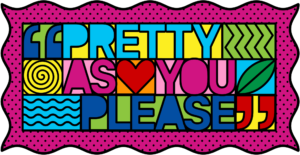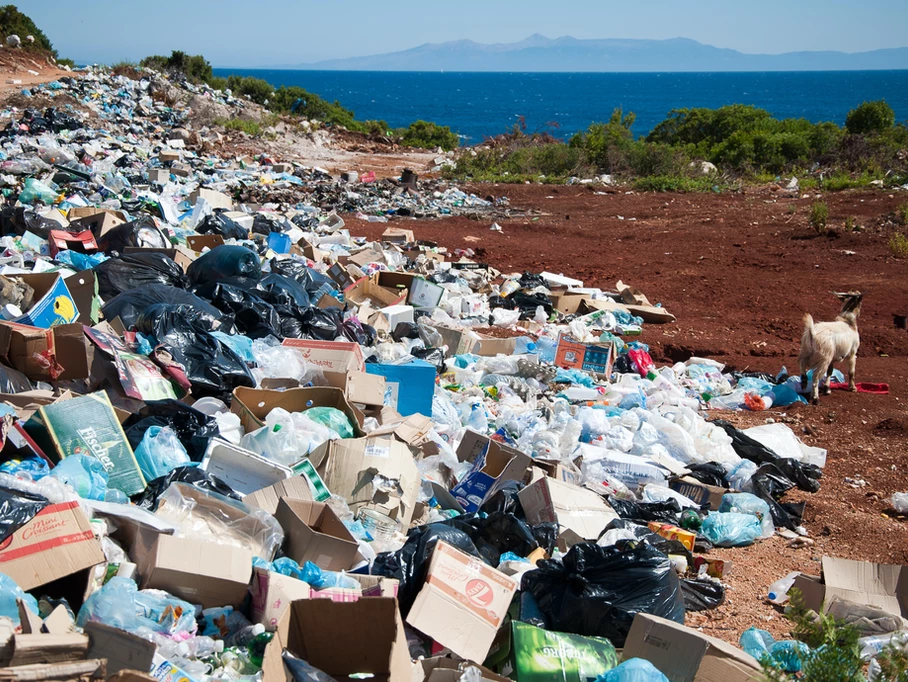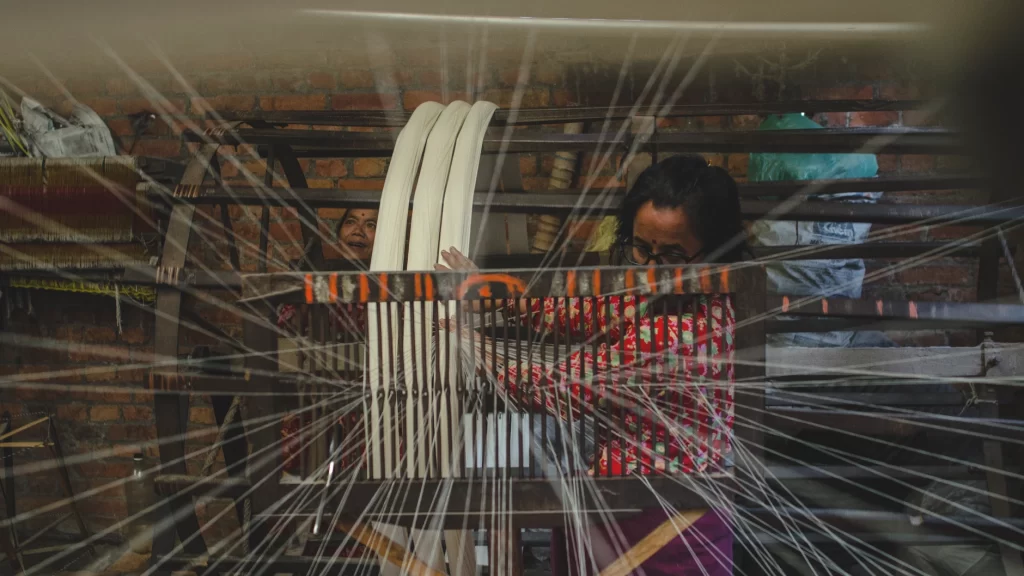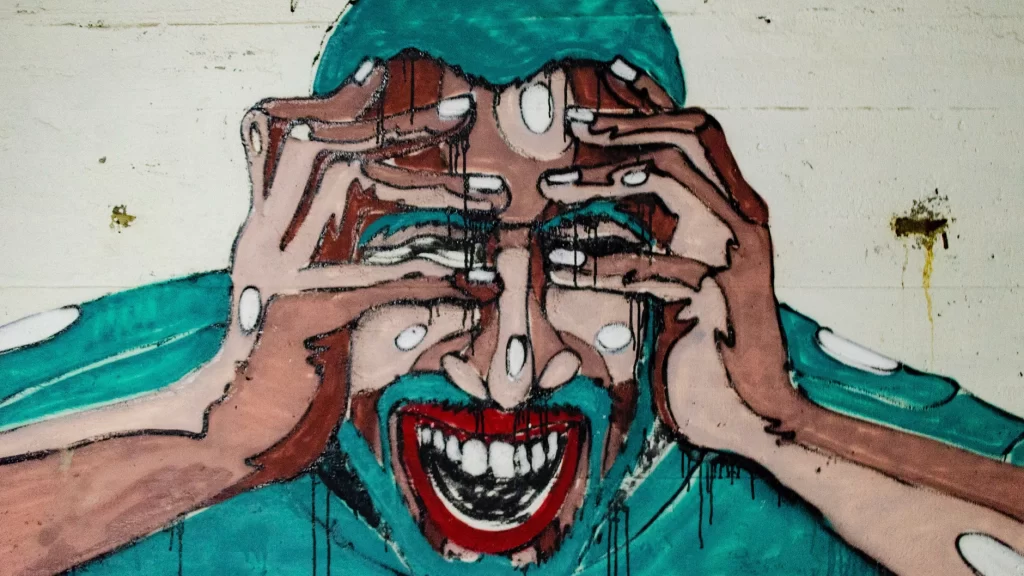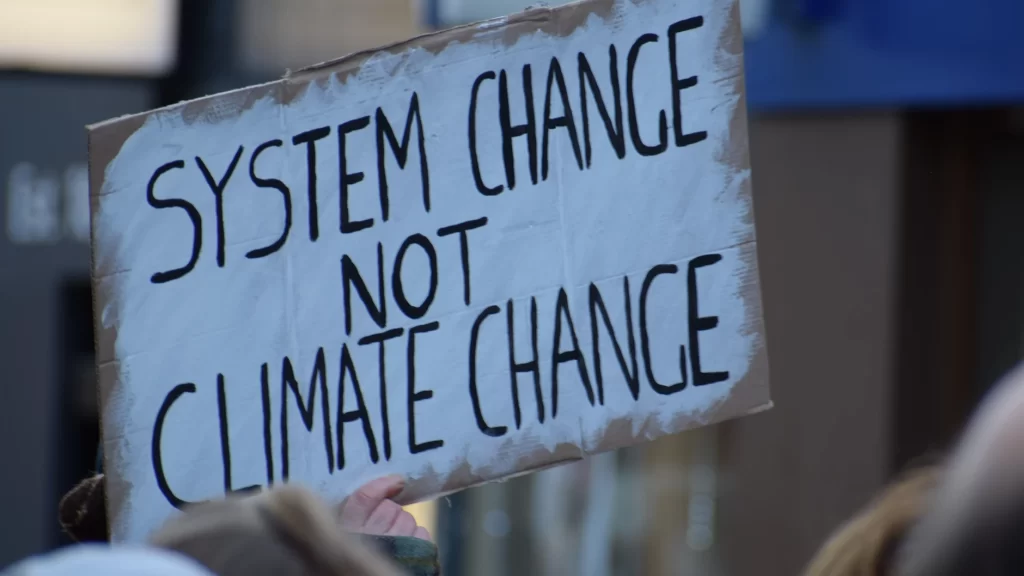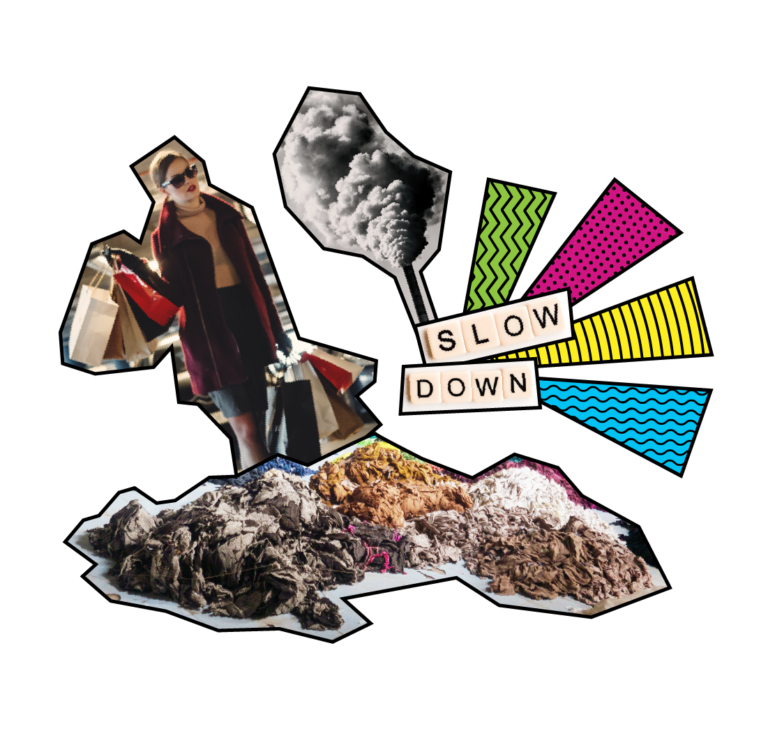Shampoo bottles, soft drink bottles, chips packets, cling film, bubble wrap, food takeaway containers, hangers… What do these have in common? Plastic! These single-use products make up the largest sector of plastic—manufactured as well as wasted. As of today, there is about 8.3 billion tons of plastic in the world—some 6.3 billion tons of that, trash. And since the 1950s, our yearly plastic consumption has increased three-fold. And so, whether to recycle or to upcycle plastics has become a big question.
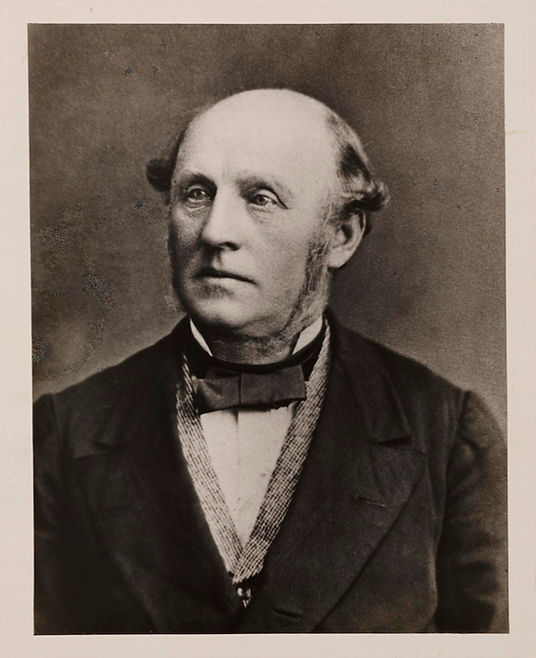
Parkesine, as world’s first-ever man-made plastic was called, came into existence in 1862. It was named after Alexander Parkes, an English metallurgist and inventor, who introduced and marketed it as an alternative to ivory and horn. Ever since, plastic has become an indispensable part of all major industries—and our daily lives—across the globe. That’s no surprise, because plastic can be inexpensively mass produced, is water resistant, shock resistant and electrically insulating.
The problems with plastic
This has emerged an even bigger problem during the pandemic, with the e-commerce industry booming. All those parcels we’ve so eagerly awaited, nicely stuffed in plastic, have only added fuel to the fire—quite literally if you look at current worldwide temperatures and wildfires.
Recycling v/s upcycling
While recycling may seem like a solution, according to a study published in Science Advances, only 20% of plastic waste is actually recycled. Other estimates place this at 5%. Besides, recycling is energy-intensive, and uses chemical reactions to first break down a material and then build it into another material.

This is where upcycling of plastic comes in. The unsung hero of circularity, upcycling ensures the plastic doesn’t reach landfills and is well utilized through DIYs or by sending the waste to companies that can upcycle the plastics for you. Of course, upcycled food containers, plastic bottles and jars are a common sighting in Indian households. From being reused as is, to being converted into planters, there are uses aplenty. More interestingly, they are now being used to build hedges and even entire houses. Eco-bricks, or empty plastic bottles stuffed with plastic grocery bags and chip wrappers, set in cement, have been gaining popularity for a while, now. And there’s only one thing that makes us happier…
Plastic as fashion
You can now have your plastic packets and wrappers upcycled into a chic fashion statement! Brands like EcoKaari and reCharkha are reimagining the idea of waste as well as the traditional Indian charkha, to create gorgeous, one-of-a-kind accessories—bags, wallets, laptop sleeves, what have you! And because these are accessories, you’re saved the added baggage of microplastics—you’re not wearing these, and they’re not being washed. It’s really as simple as collecting the waste items from your own house or volunteering to collect from your friends and family, and shipping these directly to the brands. And then click to buy an accessory your choice, made by upcycling plastic!
What kind of plastics they work with:
EcoKaari: Chips, biscuit wrappers, Maggi wrappers, Gift papers (even glittery ones), Cassette tapes (Audio & Video), Plastic or Polythene bags, Hitlon foam, Delivery plastic packets (Amazon, Flipkart, Myntra), Flex, Foil balloons and Multi-layered wrappers.
reCharkha: Chips, biscuit wrappers, Maggi wrappers, gift papers (even glittery ones), Cassette tapes (Audio & Video), Plastic or Polythene bags, Foam sheets, Delivery plastic packets, sponges, plastic sheets and Bubble wraps.
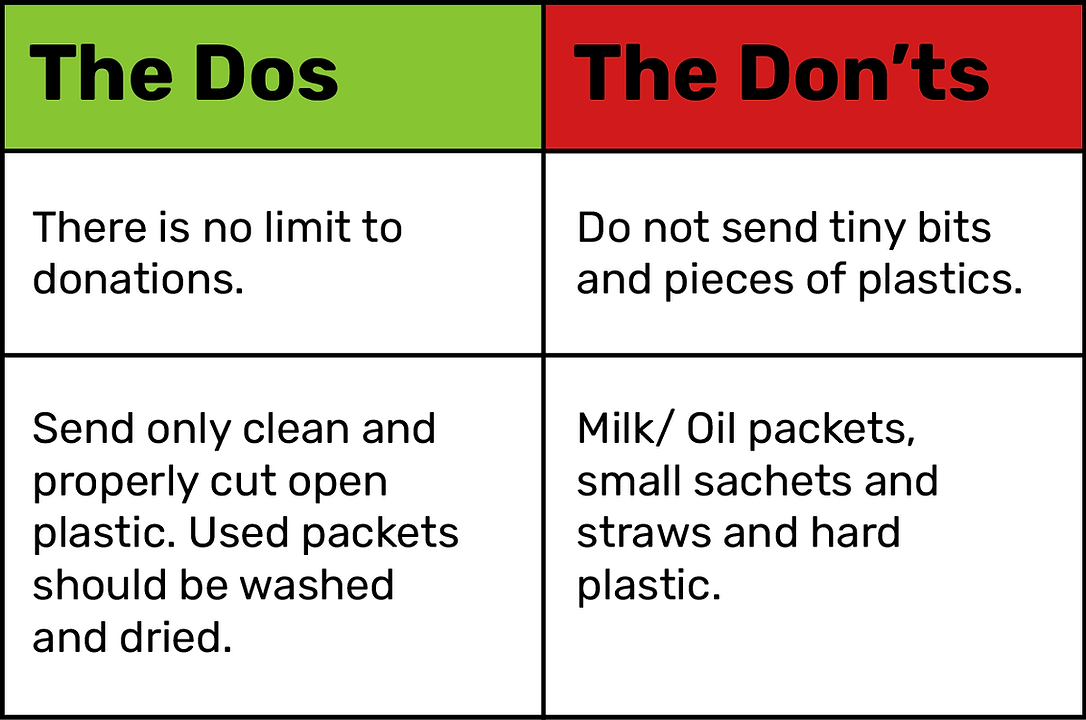
Where to send your plastics for upcycling:
EcoKaari—Humanising Fashion
Plot No 69, Tarang, Swedganga Society, Internal Canal Road,
Warje, Pune- 411058 Maharashtra
OR
C/O JSW Foundation OP, Jindal Centre (OPJC) Opp., Government Model School
Toranagallu, Sandur Taluk, Bellary District- 583123 Karnataka
OR
reCharkha—The EcoSocial Tribe
Shri Ramkrushna Niwas, Sridhar Colony,
Opposite Restaurant Nation52, Cummins College Road,
Karve Nagar, Pune, 411052 Maharashtra
